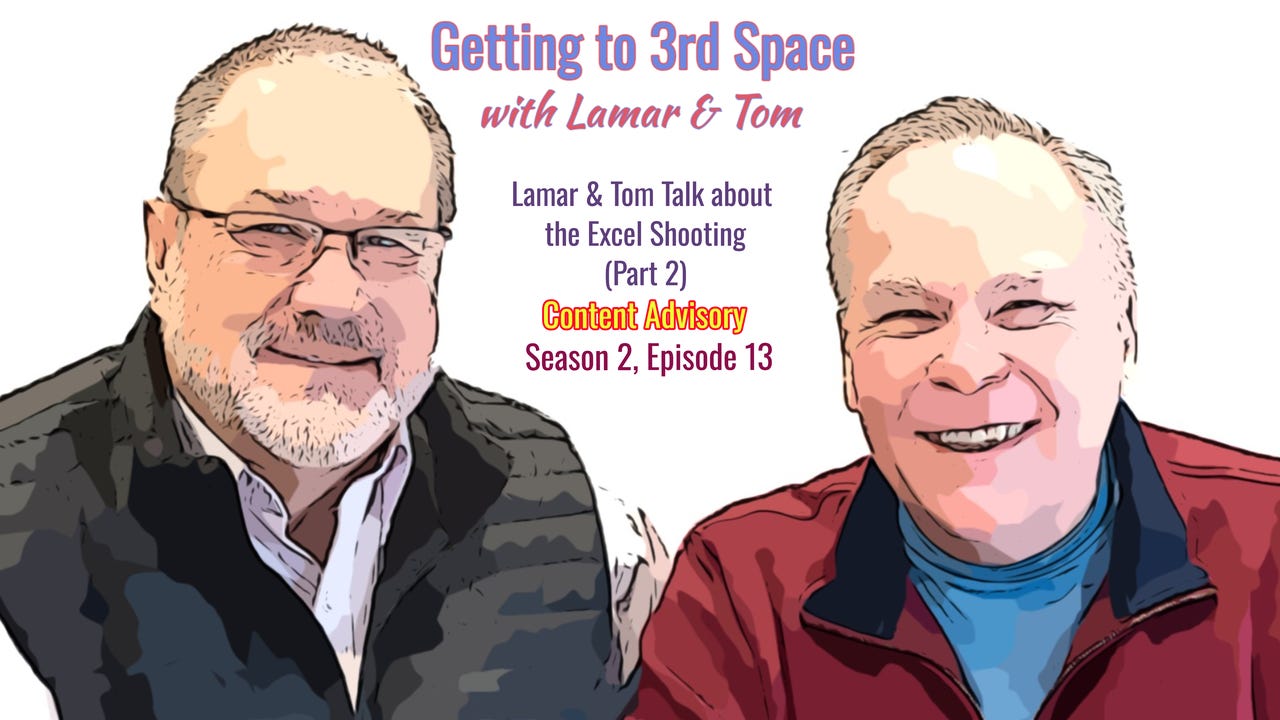What DO We Want in Our Leaders?
What DO we want in our leaders? Frankly, humans can be fickle and masterful flip-floppers on this question.
Read time ~9 min. - Read, read along as you listen, or just listen to the voiceover.

One moment we want leaders with a high level of emotional intelligence (or EQ). Leaders with EQ are popular because they are self-aware and reflective, manage their own emotions well, pay attention to social cues, and build strong interpersonal connections. In short, they are not oblivious to others, and they have the skills to bring us along with them.
In the next moment, we become like singer Bonnie Taylor in her 1984 hit song, “Holding Out for a Hero.” We ask, “Where have all the good men gone and where are all the Gods” and then we cry out, “I need a hero!” As Taylor notes, we often yearn for the hero in the middle of the night, which is a metaphor for a time of distress.
When our focus is on what we WANT in our leaders, these are two common responses.
But what if our question is wrong? What if the real question is what do we NEED in our leaders?
Maybe we don’t always need a hero nor someone who has a high EQ. Or maybe we need them both at the same time. Or maybe we need an entirely different concept of leadership.
Okay, let’s go with this last idea for a moment.
What if our assumptions about leadership are all wrong? What if we have been waiting for the leadership of others when the real leaders have been here all the time?
Well, of course the real leaders have been here all the time, but we’ve failed to see them because we are always looking outside ourselves. We expect leaders will be anyone but us.
Sadly, we’ve not yet figured out it is risky to expect a leader to be anyone but us. When we embrace leaders just because they fit some kind of stereotype we carry about in our heads, there should also be a danger sign in our brain that flashes a warning to us.
No leader is perfect. Hero leaders have to eat, sleep, use the bathroom, have BO and disgusting habits, have gigantic egos, and make mistakes. High EQ leaders become frustrated and weary of dealing with people, will lose their cool, battle their egos, and also make mistakes. All leaders have good days and bad days. That’s comes with the territory of being human.
Leaders are merely people elevated to a position over us. Often, we do the elevating and sometimes we give them a lot of power too. Therein lies the risk. If they turn out to be Lao Tzu’s best kind of leader, all is good. If they are not, we’re in trouble.
Lao Tzu wrote, “As for the best leaders, the people do not notice their existence.” Then he wrote, “When the best leader’s work is done, the people say, ‘We did it ourselves!’”
How does this qualify someone as the “best leader?”
In fact, how could Lao Tzu dare say someone was a leader when nobody noticed their work and then, when it was finished, everyone else claimed credit for it? It just does not fit any of the longstanding stereotypes we’ve had about leadership.
Lao Tzu is correct because he sees leadership emerging from among us. When this happens, leadership is not always noticed for a couple of reasons.
First, it doesn’t fit our stereotypes, so we don’t see it.
Second, leadership comes from the many, not just the one. When leadership is shared among many, we can’t just point to one person as THE leader. When leadership is shared among the many, then we really did do it ourselves.
Though some good ideas about collective leadership have been floating about for several years, we continue to put too much stock and faith in individual leaders. For as long as we do, we will always be disappointed.
When we finally realize that we are the leaders we’ve been waiting for, then we will explore collective leadership.
We will learn that we can lead together as a group. When given permission and opportunity, people will step up to use their abilities and then step back to let another one of us step up.
Collective leadership can be clunky, and we won’t do it perfectly. This is true whether we are trying to steer a group, an organization, an agency, or a whole state or country. However, there is one thing that collective leadership can do that individual leaders struggle to do: create or deepen a sense of ownership. That is why we will say “We did it ourselves!” That, too, is why our effort to practice collective leadership will be worth it.
Moving into (Mostly) Retirement
Remember, for the near future you can find Tom Klaus at tom@tenaciouschange.us. You can also continue to follow him in the Tenacious Change newsletter, Change It Up! and through Getting to 3rd Space with Lamar and Tom.
However, if you’d like to stay in touch with him personally click on the button below and sign up for his personal mailing list.
Now Playing on Getting to Third Space with Lamar & Tom
Watch the podcast now on the Tenacious Change YouTube Channel or listen on Spotify.
Be sure to subscribe to Change It Up! and be among the first to know when new episodes are available.
To learn more about our work with communities, organizations, and groups, visit us at our company website at www.tenaciouschange.us by clicking on the image below:




